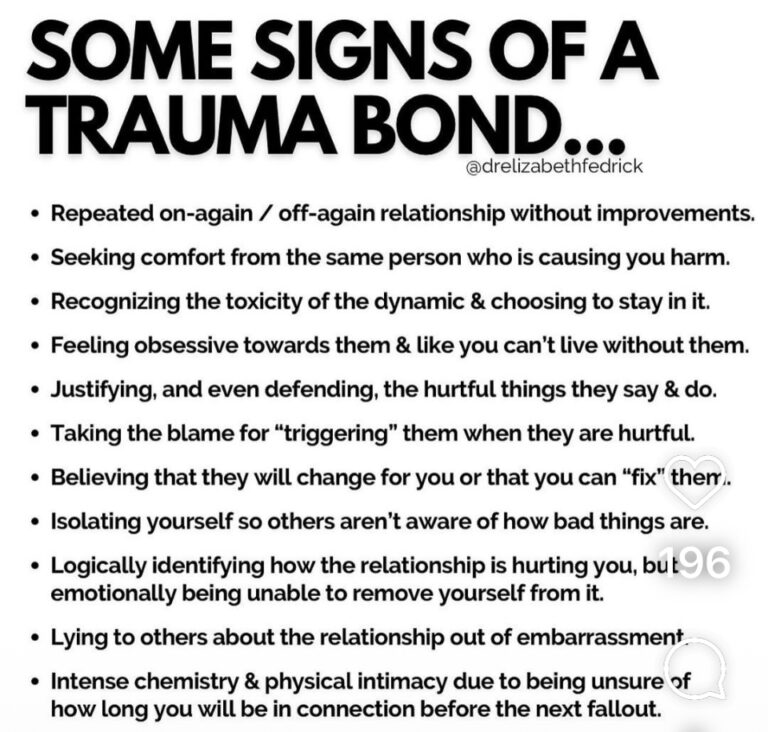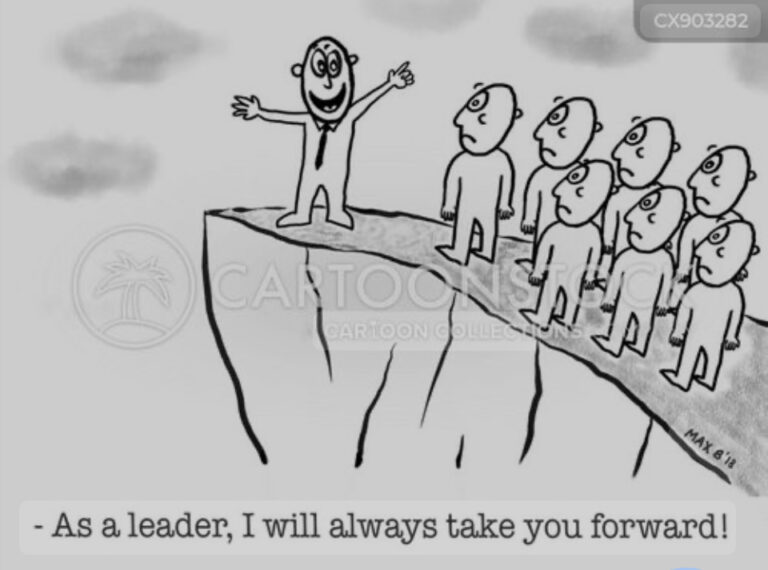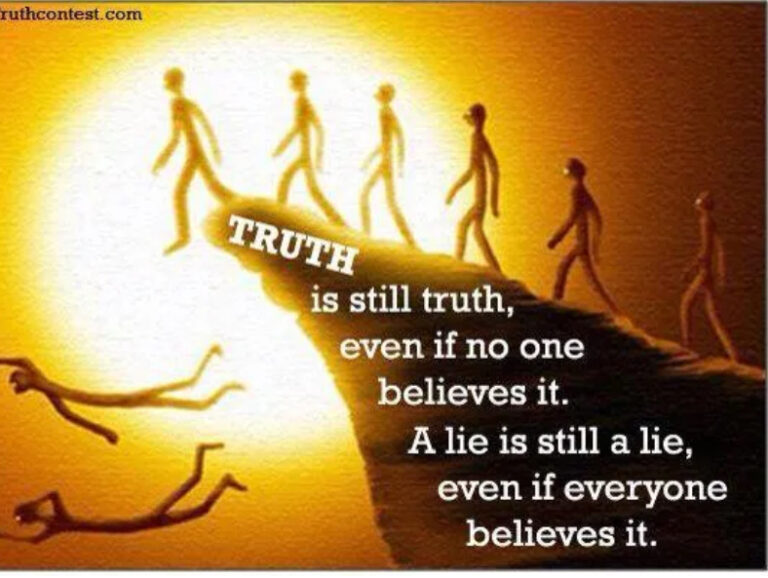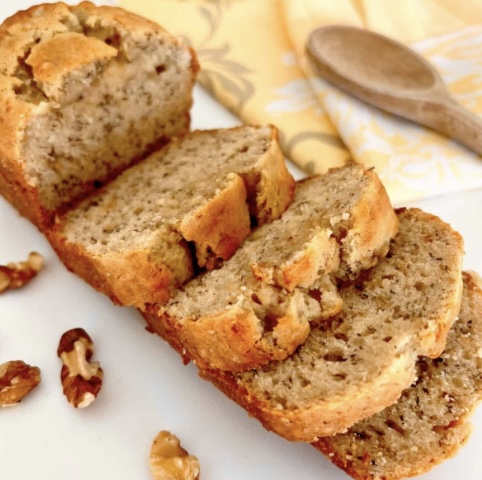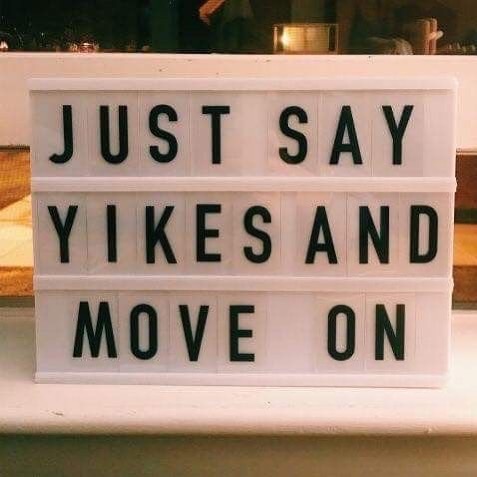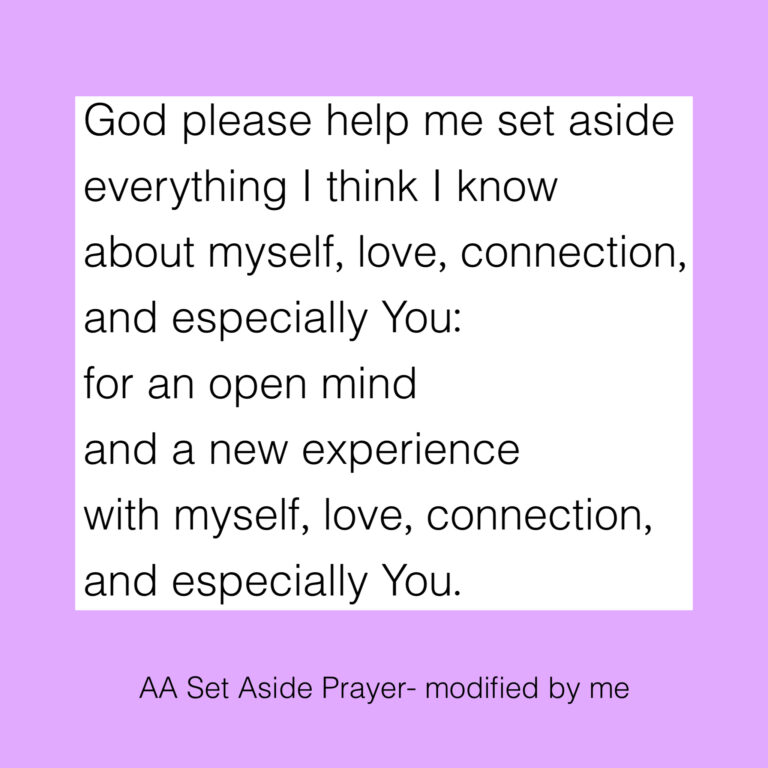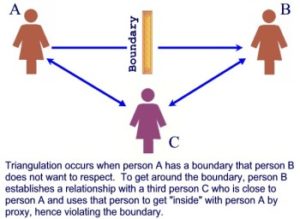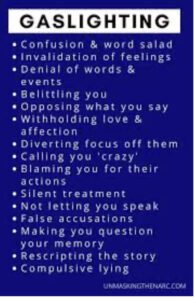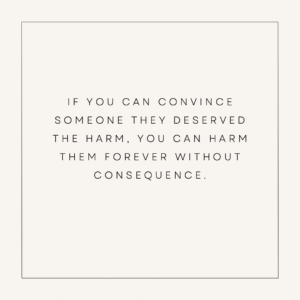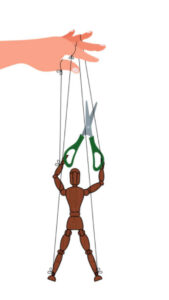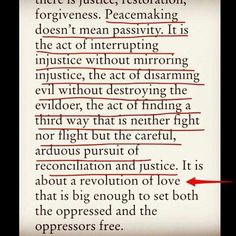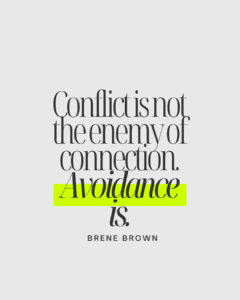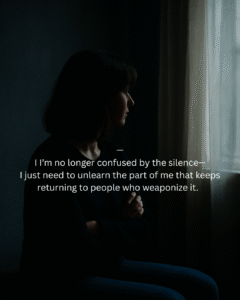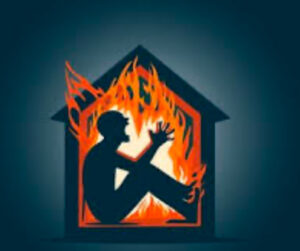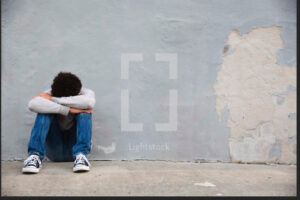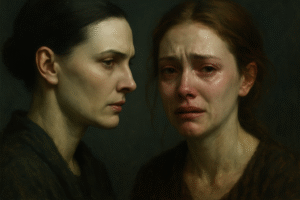I’ve been nursing a heavy ache in my heart — one that’s hard to put into words. It’s about my boys, how they see me, how they see their dad, and the painful gap between what they witness and what they’re told.
I don’t know what’s been said to justify the way I’ve been treated. But I know my boys have seen me act with kindness and generosity — not because their dad deserved it, but because that’s who I am. They’ve seen me show mercy when I wasn’t given any.
They’ve also seen their dad — convinced he’s entitled and never wrong, punishing anyone who challenges him. They’ve experienced his coldness, his deception.
I believe they’ve been gaslit — taught not to trust what they’ve seen. And if my boys know anything about me, it’s that I am kind and incapable of pretending. I can barely remember things well enough to lie, let alone scheme or hide.
They’ve seen my hopeless choices in relationships. And they’ve seen how their dad surrounds himself with people — especially women — who elevate him. That’s why he chose me. He didn’t marry me because he valued me, but because I had more: more wealth, more friends. I made him look good. I gave him legitimacy — a wife, a house, a sense of status.
While he took from me, I gained nothing good from him. I didn’t marry a man who was kind or generous or wise. My life didn’t grow — it shrank. My circle got smaller. My bank account got smaller. My self-esteem, my energy, my ability to function — all smaller.
Before him, I had two great loves: my special-needs dog, King Simon, and my job as a first-grade teacher — both gave me purpose. But in that relationship, I spent so much energy silencing my feelings and needs that I had nothing left for the things I once loved. Teaching became impossible. I took a leave of absence because I couldn’t manage both my unhappy marriage and being the passionate teacher I once was. Even caring for my King (this incensed him- that I had a King and it was not him)— whom I adored — started to feel overwhelming. I remember wondering if putting him down early would be easier, just to have one less thing counting on me.
Yet somehow, it never occurred to me that the marriage itself was what I should let go of. Instead, I gave up everything else — friends, my job, volleyball — until all that remained was my miserable marriage, my pain, and the shame of still not being enough for my husband, my family, or the world.
The marriage didn’t create that belief — it just confirmed what I’d always feared: that I was unworthy, and every struggle was proof of my own badness. It felt like evidence for everyone who had ever been disappointed in me before.
Of course, I’m grateful for my children — born of our union. But that relationship? It brought me nothing but loss. If anything, it was my final lesson — a harsh reminder not to choose someone who would diminish me, betray me, and then make himself the victim.
I want to believe my boys will one day sort through it all — that they’ll remember what they’ve seen, felt, and know in their hearts.
Until then, I hope — hope that my love will be louder than the lies, and my truth stronger than the distortions. Because no matter what they’ve been told, the truth is still there — steady and waiting to be seen.
